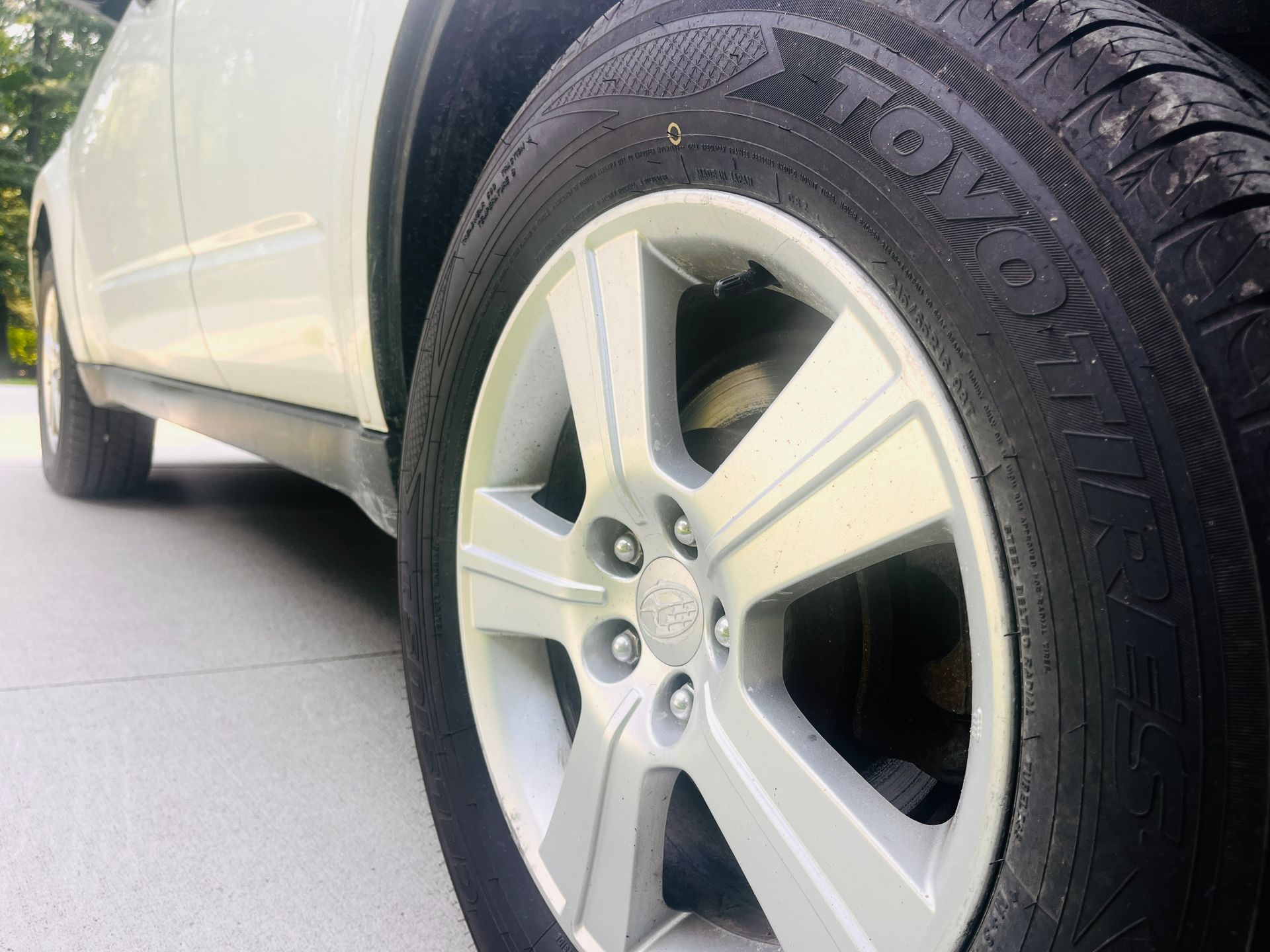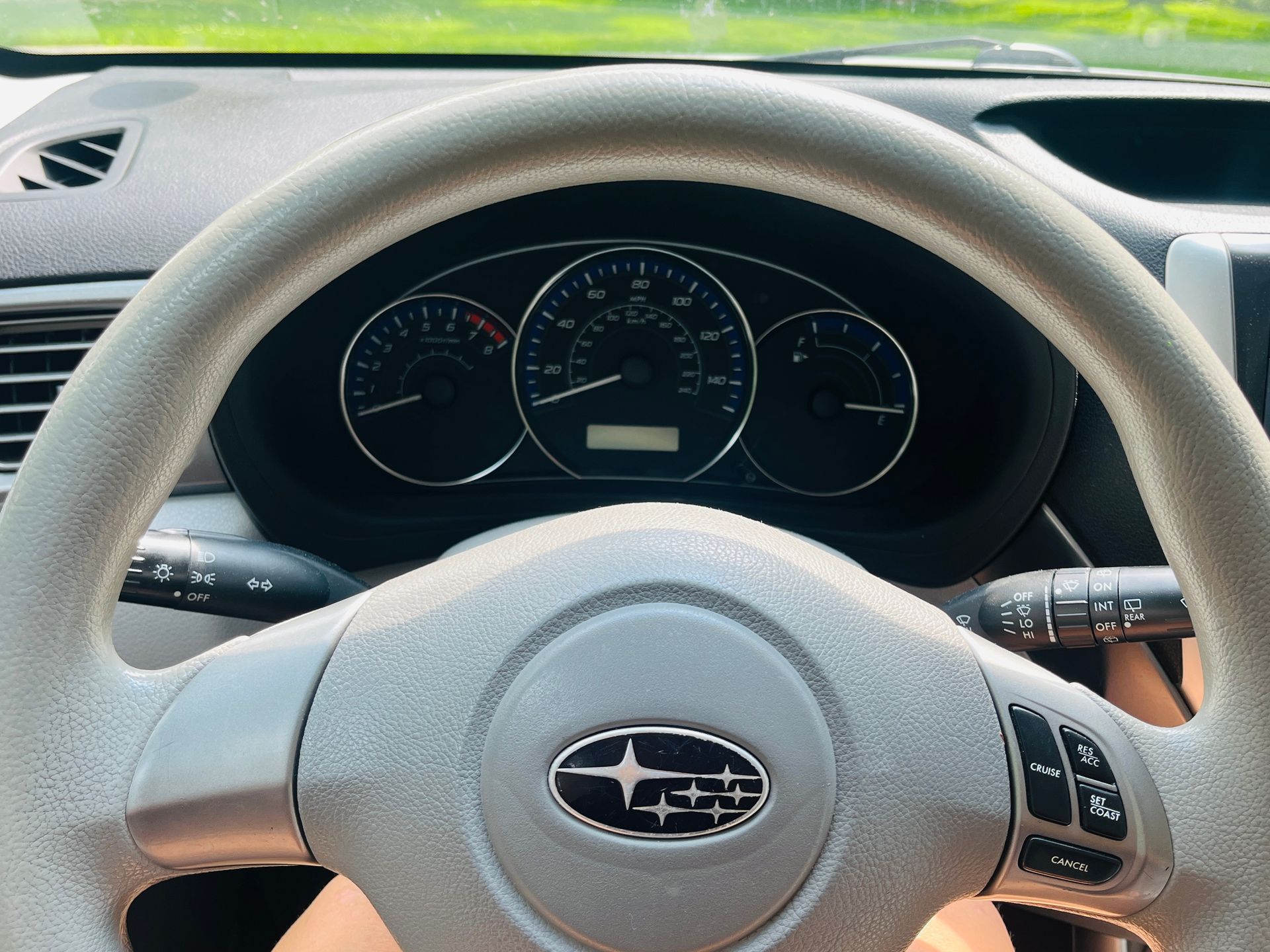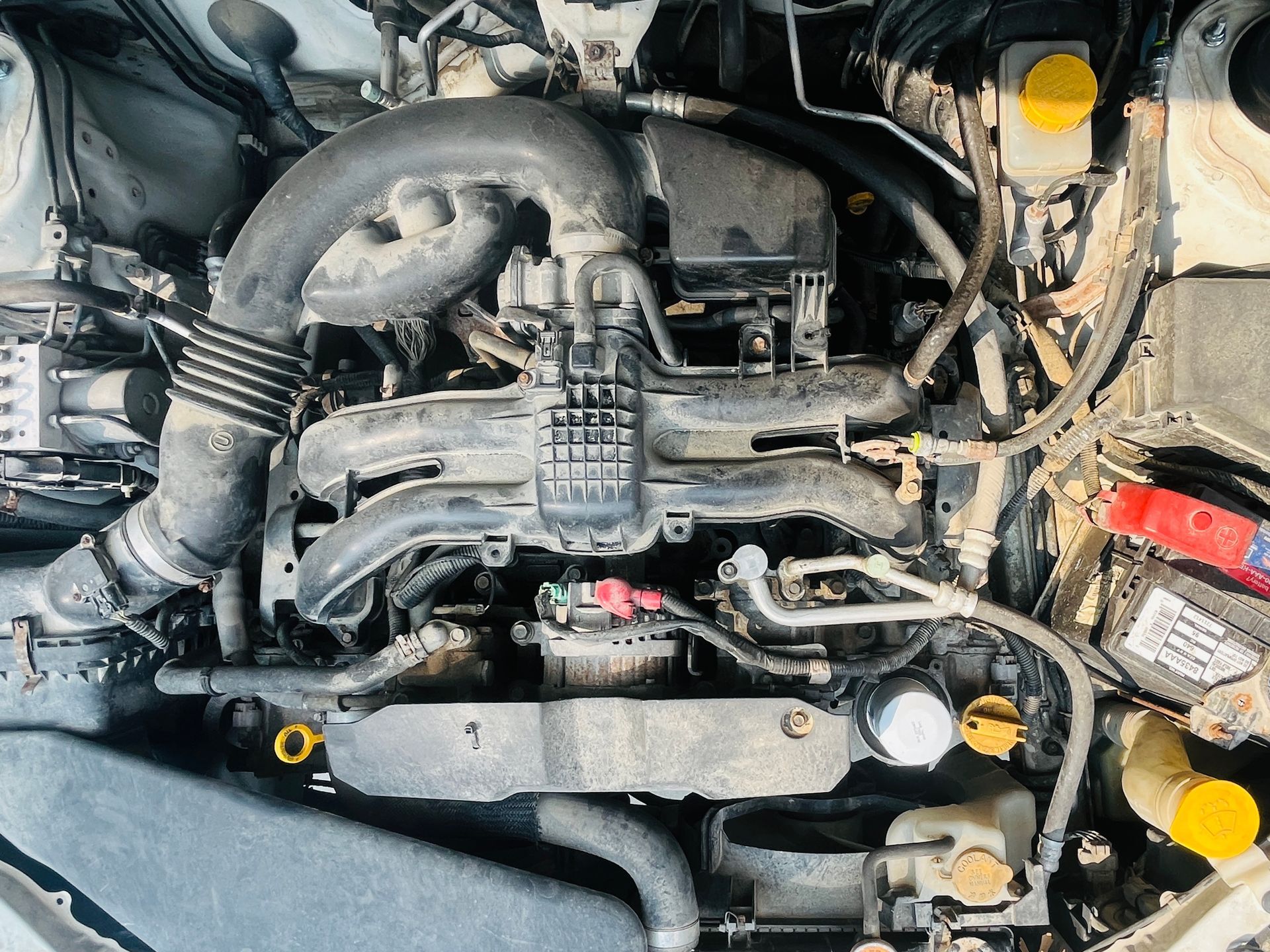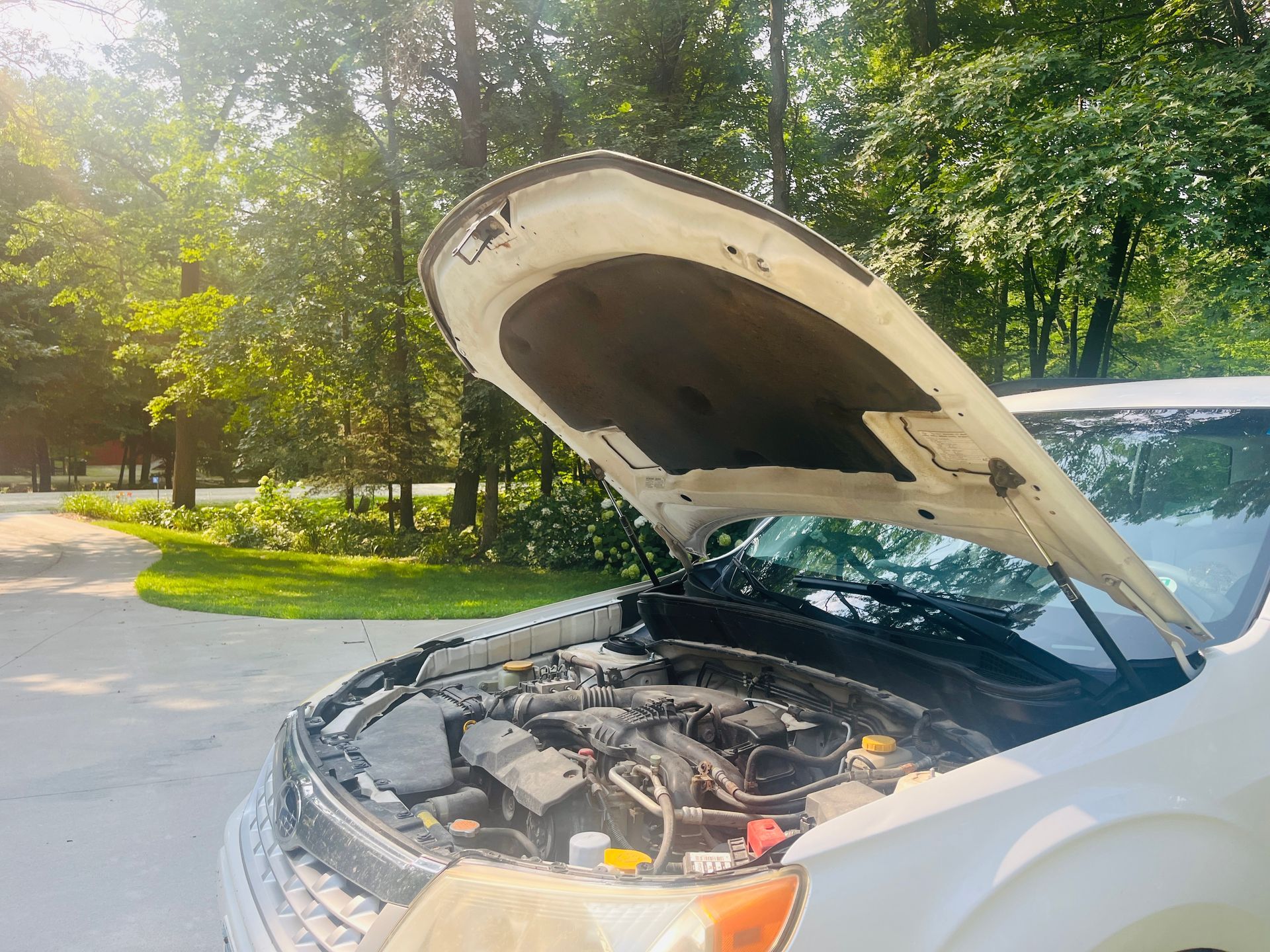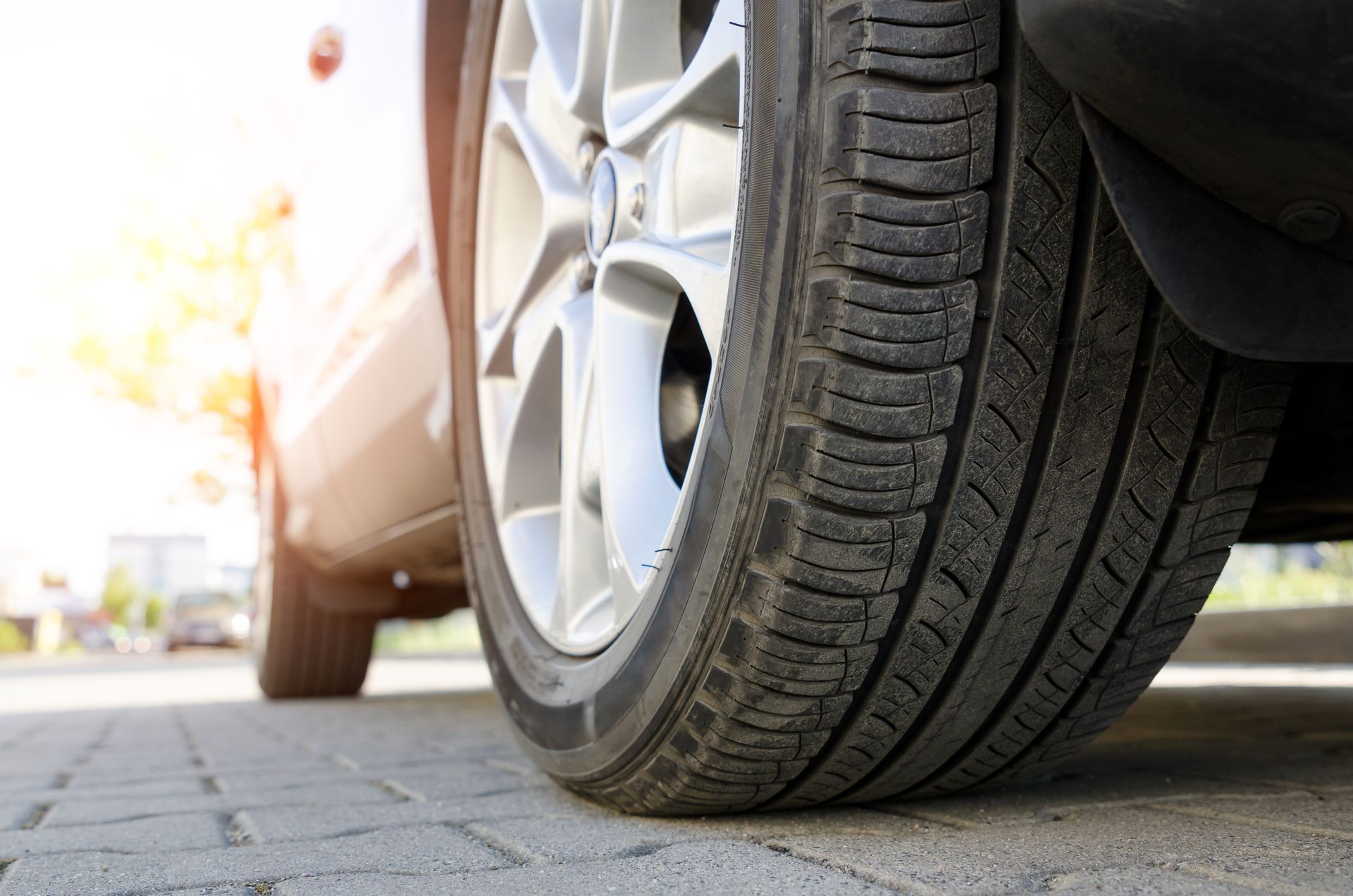Call us: (507) 226-8330
Do I Need Winter Tires If I Have All-Season Tires?
February 5, 2025
Stay Safe This Winter: Choosing the Right Tires for Cold-Weather Driving
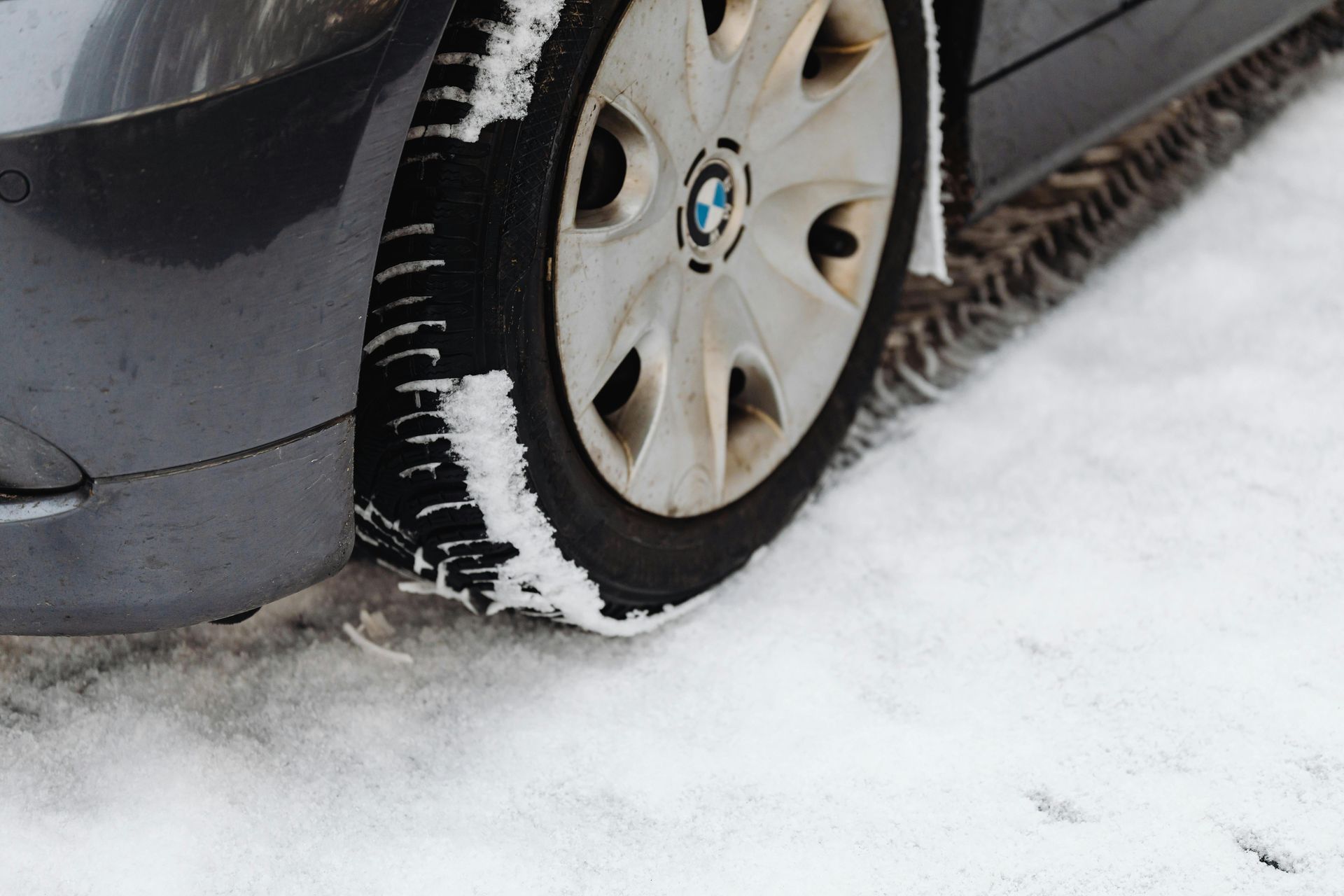
Winter in Rochester, MN, can be unpredictable—icy roads, sudden snowfalls, and freezing temperatures are just part of the season. If you're wondering whether your all-season tires can handle the elements or if winter tires are worth the investment, you're not alone. Let’s break down the key differences and help you make the safest choice for your winter driving.
All-Season Tires: The Jack of All Trades
All-season tires are designed to perform well in a variety of conditions, from hot summer pavement to mild winter weather. They have moderate tread patterns and rubber compounds that stay flexible in moderate temperatures.
But here's the catch: When temperatures dip below 45°F, the rubber in all-season tires can start to stiffen, which affects their ability to grip icy or snowy roads.
Winter Tires: The Icy Road Warriors
Winter tires are specifically built for cold weather. They have deeper tread patterns and are made from special rubber compounds that stay soft and grippy even in freezing temperatures.
Translation: They give you better traction, shorter stopping distances, and more control when you're driving on icy or snowy roads.
So, Do You Really Need Winter Tires?
It depends on your driving habits and the winter weather conditions you face. Ask yourself these questions:
- How often do you drive during winter storms? If you're out and about even when the roads are covered in snow, winter tires are worth the investment.
- Do you frequently drive on rural or unplowed roads? Winter tires can make a world of difference on less-maintained roads.
- Do you prioritize maximum safety and performance? Winter tires provide superior traction and handling, giving you peace of mind.
When All-Season Tires Might Be Enough
If you stick to city driving, main roads that are regularly plowed, and prefer to stay home during bad weather, your all-season tires may be sufficient. But remember, even in these situations, winter tires still offer better performance when temperatures are below freezing.
Let's Keep You Safe on the Road
Not sure if winter tires are right for you? Stop by Babcock Auto Care, and we’ll check your current tires and help you decide what's best for your vehicle. After all, we care for people and fix cars. It's what drives us every day!
Stay safe out there, and remember—when in doubt, we’re just a call or visit away!





